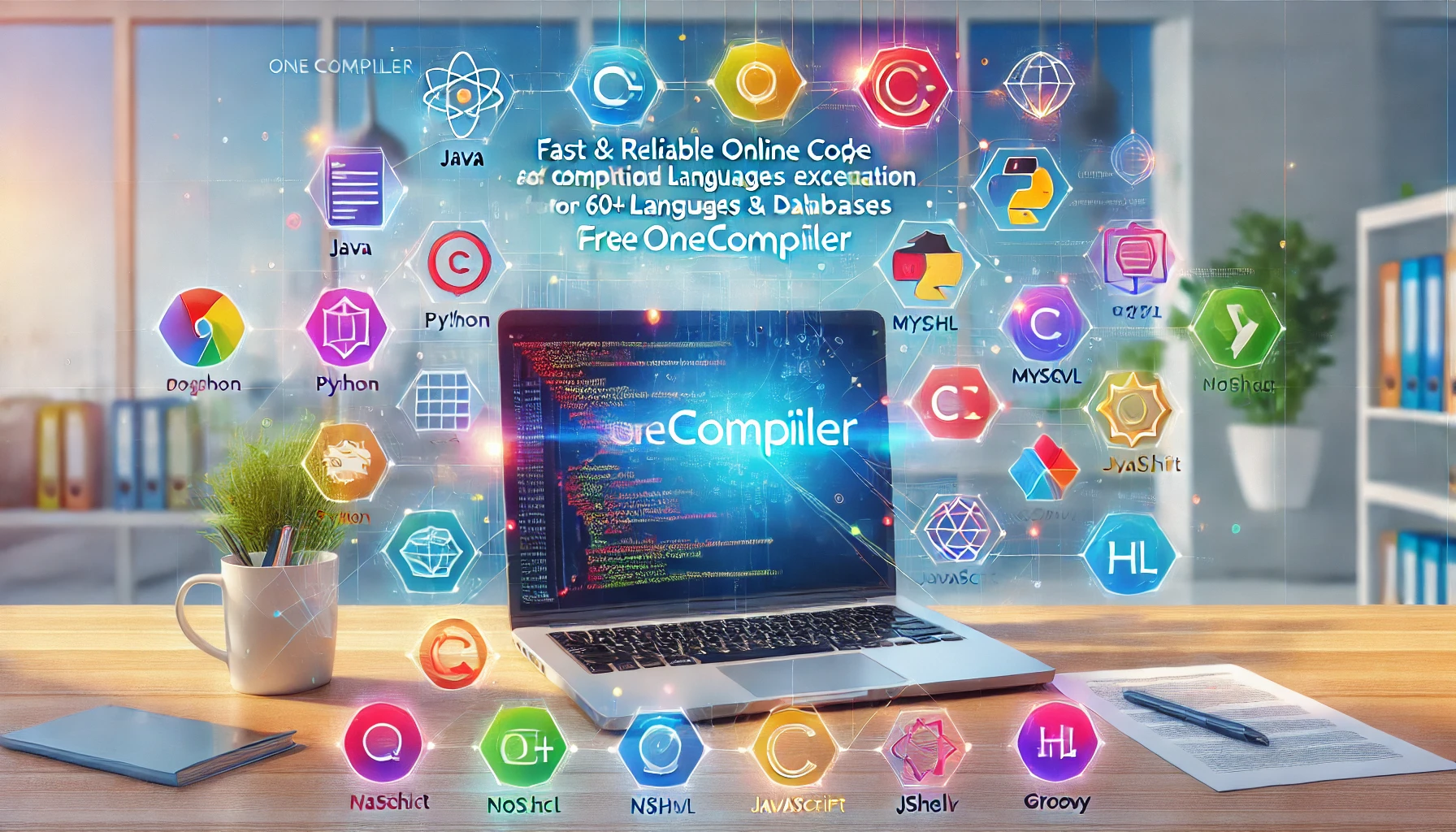Top 20 Free APIs Every Developer Should Know About
Deepak Uncategorized API, API Marketplace, Free API, Software Development 0
Top 12 Free APIs Every Developer Should Know About

In the ever-evolving landscape of software development, APIs (Application Programming Interfaces) have become indispensable tools for developers. They enable seamless integration of various functionalities, making the development process more efficient and robust. This article explores the top 20 free APIs that can significantly enhance your applications, providing detailed descriptions and practical use cases for each.
APIs are fundamental to software development, enabling diverse functionalities and enhancing applications. This article provides a detailed overview of 20 top free APIs, their features, and multiple use cases.
The Digit Converter API performs base conversions between binary, octal, decimal, and hexadecimal systems via simple GET requests.
Core Features:
– Multiple conversion types: binary, octal, decimal, hexadecimal.
– GET request format.
– Requires `from`, `to`, and `value` parameters.
Use Cases:
Educational Tools: Demonstrate base conversions in real-time to students.
Development Environments: Automate numeral system conversions for developers.
Data Migration: Convert numeric data between different bases during system migrations.
The False Data API generates dummy data for testing and prototyping, covering addresses, books, companies, credit cards, images, persons, places, products, texts, users, and custom data.
Core Features:
– Comprehensive dummy data generation.
– Multiple endpoints for different data types.
– Realistic datasets.
Use Cases:
Testing E-commerce Platforms: Populate databases with fake product listings and customer profiles.
UI/UX Design: Generate sample data for design and testing purposes.
Database Testing: Create diverse data inputs for robust testing.
This API converts HTML content into a PDF document in real-time via a POST request, providing a download link for the generated PDF.
Core Features:
– HTML to PDF conversion.
– POST request with HTML content.
– Returns a PDF download link.
– Error handling mechanisms.
Use Cases:
Report Generation: Convert dynamic HTML reports into downloadable PDFs.
Web Page Exporting: Export web pages into printable PDF documents.
Invoice Creation: Generate PDFs from HTML invoice templates for financial applications.
The Image Compress API reduces the size of image files without significantly compromising quality, supporting both lossless and lossy compression.
Core Features:
– Lossless and lossy compression.
– Reduces file size while maintaining quality.
– Supports multiple image formats.
Use Cases:
Web Optimization: Compress images for faster load times on websites.
Storage Management: Reduce image sizes to save storage space on servers.
Mobile Applications: Optimize image sizes for faster transmission and display on mobile devices.
This API facilitates conversions between different metric units, such as millimeters, centimeters, meters, and kilometers.
Core Features:
– Converts values between metric units.
– Provides a list of supported units.
– RESTful architecture with JSON responses.
– Endpoints for listing metrics and conversion possibilities.
Use Cases:
Fitness Applications: Convert user-entered measurements into preferred units.
Engineering Tools: Normalize measurement data across different scales.
Educational Software: Help students learn and convert metric units accurately.
The Microlink API retrieves metadata and screenshots from any URL, providing valuable insights and visual content from web pages.
– Extracts metadata and screenshots.
– Supports various metadata types: title, description, author, publisher.
– Scalable infrastructure and robust data accuracy.
Use Cases:
Content Aggregators: Extract rich previews of linked articles.
Digital Marketing Tools: Automate content extraction for marketing analysis.
Web Scrapers: Collect comprehensive web page data for analysis and reporting.
OneCompiler API allows online code compilation and execution for over 60 programming languages and databases.
– Supports more than 50 programming languages.
– Code compilation and execution via API.
– Provides standardized input and output handling.
Use Cases:
Online Coding Platforms: Enable users to write, run, and share code snippets.
Educational Tools: Facilitate interactive coding exercises for students.
Development Tools: Automate code execution for testing and development.
The URL Short API shortens long URLs into manageable and shareable links, enhancing link sharing efficiency.
– Generates short URLs from long URLs.
– Simplifies link sharing.
– Supports tracking and analytics for shortened URLs.
Use Cases:
Social Media Tools: Shorten links for cleaner and more readable posts.
Marketing Campaigns: Create trackable short links for marketing materials.
Messaging Apps: Reduce URL length for better display in messages.
This API creates custom QR codes with user-defined data, size, error correction level, and other configurable features.
– Generates QR codes with customizable data and size.
– Supports various data types: URLs, text, contact info.
– Configurable error correction levels and margins.
Use Cases:
Event Management: Generate QR codes for event tickets and check-ins.
Business Cards: Create QR codes with contact information.
Promotional Materials: Include QR codes on flyers and posters for quick access to information.
The Network IP Finder API provides geolocation information for a given IP address.
– Retrieves geolocation data for IP addresses.
– Identifies geographic location and related information.
– Useful for enhancing network security and performance.
Use Cases:
Network Security: Identify and locate suspicious IP addresses.
Performance Optimization: Analyze geographic distribution of network traffic.
Troubleshooting Connectivity Issues: Determine the origin of network problems.
This tool converts Northing and Easting coordinates into Latitude and Longitude values, ideal for mapping, surveying, and geolocation applications.
– Converts Northing and Easting to Latitude and Longitude.
– Provides accurate geolocation data.
– Supports integration into mapping and surveying applications.
Use Cases:
Mapping Applications: Convert user-entered coordinates for accurate map plotting.
Surveying Tools: Assist surveyors in converting field data.
Geolocation Services: Enhance accuracy of location-based services.
The Location Finder API provides endpoints to retrieve location-based information, such as countries, states, places, communities, and addresses.
– Retrieves detailed location data.
– Multiple endpoints for countries, states, places, communities, and addresses.
– Suitable for various location-based applications.
Use Cases:
Travel Apps: Provide comprehensive location information for travelers.
Location-Based Services: Enhance apps with detailed geographic data.
Address Verification: Validate and retrieve address information for user inputs.
Conclusion
APIs are critical for modern software development, offering functionalities that enhance application performance and user experience. This guide covers 20 essential free APIs, including the Digit Converter API for numeral system conversions, the False Data API for generating dummy data, the HTML to PDF Converter API for creating PDF documents from HTML, and the Image Compress API for optimizing image sizes. Each API is detailed with core features and multiple use cases, making it easier for developers to integrate these tools into their projects and improve overall efficiency and functionality. Explore these APIs to streamline your development process and build more robust applications.



Add your API
Streamline your development process by submitting your API today.









